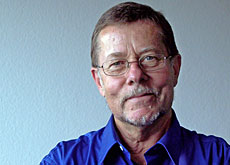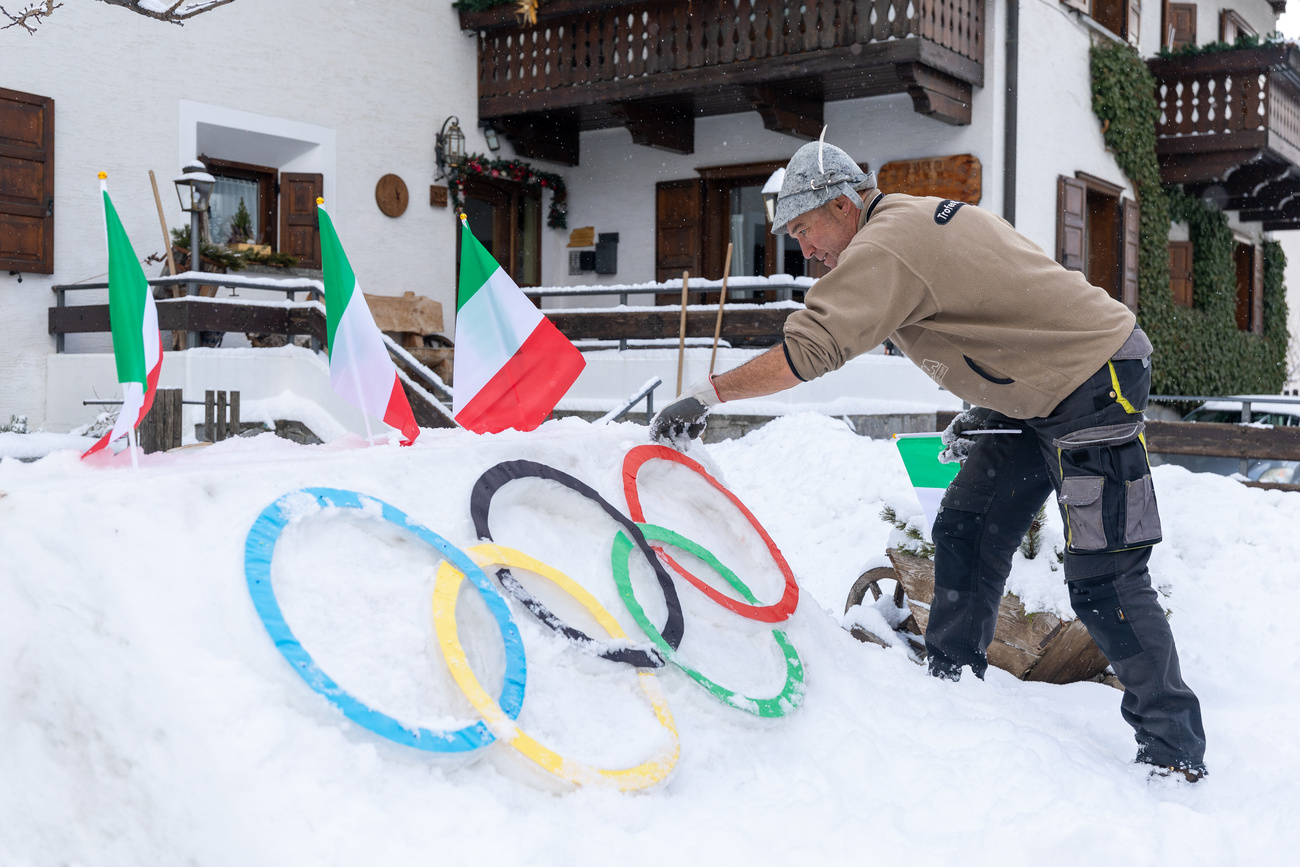
No rest for the partisans

Swiss National Day on August 1 and America's Labor Day (September 4) demonstrate both countries' enthusiasm for holidays that bring them together as nations.
But when it comes to politics, America is divided and polarized as never before. Consensus-ruled Switzerland has another year to wait for parliamentary elections.
My late summer thoughts are of Swiss National Day, which we celebrated this year on Ellis Island in New York Harbor.
The festivities were impressive and joyful. In the presence of a cabinet minister [Pascal Couchepin] we enjoyed entertainment by, among others, a Basel drum corps, famed musical theatre performer Sue Mathys, Bernese blues singer Walter “Wale” Liniger who lives in South Carolina, and the Swiss-American songwriter Jewel Kilcher.
Such variety shows the cultural range that emerges with immigration. As an acknowledgment to history, the event also included the opening of a new exhibit in the Ellis Island Museum on Swiss immigrants.
Entitled “Small Number – Big Impact,” it spans 200 years and illustrates background, career, and contributions of people as different as Albert Gallatin, who became US Treasury Secretary in 1801, Adolph Rickenbacker, the inventor of a new electric guitar, and psychiatrist Elisabeth Kuebler -Ross.
As a fire boat of the New York City Fire Department sent red and white water jets into the blue sky, one’s heart could beat patriotically while sharing our sentiments at the same time: the celebration was not separate from the stream of other visitors to the famous immigration point. Everybody joined in and appreciated the show.
Inclusive
America’s Labor Day has become similarly inclusive. The first one was observed in Chicago on May 1, 1867, in celebration of the eight-hour day. Later labor festivals were often combined with Independence Day (July 4) or even “Bastille Day” (July 14).
Today’s date became established in 1882 at the suggestion of a machinist from Paterson, New Jersey, which prompted New York’s Central Labor Union to regularly hold it on the first weekend of September.
While it was socialist in origin, the growing prominence of the pragmatic American Federation of Labor has made Labor Day less political and more of a common social event.
My old neighborhood celebrates it as a block party. A city may mount a parade with bands and floats. Lawrence, Massachusetts, a 19th-century textile city, commemorates on Labor Day its 1912 successful “Bread and Roses” strike with tours, music, and ethnic foods.
The holiday has turned into an end-of-summer rite that marks – for children, especially – the nostalgia of the past vacation and the excitement of the new school year. And everybody celebrates it, as diverse as the community may be. In this wider sense, national holidays have become part of a popular political culture.
Parades
Now politicians do show up at Labor Day parades, because the date is just before important primary elections and the beginning of the November election campaign.
Since Switzerland will not have elections to Parliament this fall, I will limit my observation to this year’s hotly fought congressional contests. On the one hand, our holidays celebrate unity and national or labor pride in our communities. On the other, America experiences division and polarization in politics.
A few politicians still embrace dialogue and urge that “we should get along” and should seek solutions “across the aisles” of the two-party system. But the voters will look at the issues, and seem to sense that on the problems of the day the gap between the parties has become a near abyss.
Foremost, of course, is the Iraq War. Most Republicans are totally loyal to their president; Democrats, while not united, seek at least congressional oversight of the executive’s policies.
Wrong track
Voters traditionally “tune in” to the political process after Labor Day. On issues like the war or the economy, they express either that the government should stay the course or is on the wrong track, with little room in between. Polls show a profound lack of confidence. Some Democrats have suggested the simple message, “Enough!”
While we await the outcome of the contests, with uncertainty, political analysts have already pointed out some larger, alarming realities of the US’s two-party system.
The President’s and the Republican Party’s determination, over the last eight years, to consolidate their power at any price “… alter(s) the structure of the American government, upsetting the system of checks and balances …,” says prominent journalist Jonathan Schell. With the absence of congressional oversight, only a five-to-four majority on the Supreme Court may separate us from one-party rule.
This is a grave situation. Both Swiss and Americans share enthusiasm for holidays that bring us together. But when it comes to politics, I wonder whether today we should reverse Goethe’s famous quote, saying instead: “Switzerland, you have it better than our continent, … your living soul is not disturbed … by useless memories and idle strife!”
Jurg Siegenthaler
The views expressed in this column are not necessarily those of swissinfo.
Every month retired professor, Jurg Siegenthaler, compares and contrasts aspects of life in Switzerland with that of his adopted homeland, the United States.
He emigrated to the United States from Switzerland in 1967, and is now a retired university professor living close to Washington, DC. He is a graduate of Bern University (Dr.rer.pol., 1966).
His fields of teaching and research encompassed economic history, social theory and social policy analysis. Throughout his career, he has maintained close comparative research interests in the US and Switzerland.
He is associated with the Institute for Socio-Financial Studies, a research non-profit that has done a lot of work improving financial literacy at the community level.
Since his retirement, Jurg Siegenthaler has broadened his involvement in community organizations and in the arts. He is married and lives with his wife in Silver Spring, Maryland.

In compliance with the JTI standards
More: SWI swissinfo.ch certified by the Journalism Trust Initiative































You can find an overview of ongoing debates with our journalists here . Please join us!
If you want to start a conversation about a topic raised in this article or want to report factual errors, email us at english@swissinfo.ch.